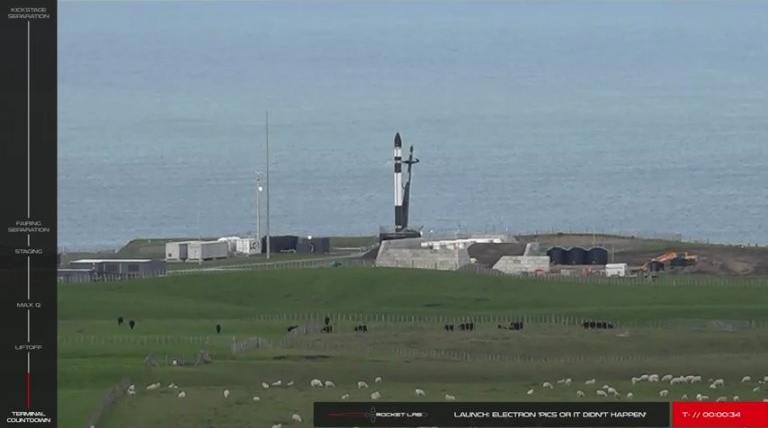Midnight repost: The think tank culture of Washington
The tenth anniversary retrospective of Behind the Black continues: The essay below, first posted on June 22, 2016, was the result of a Washington DC. trip, occurring during the heat of the presidential campaign just after Donald Trump had become the Republican candidate for president.
The impression I got of the Washington culture then has sadly proven more accurate than I would have ever guessed. And their response to Trump’s election was just as I feared.
———————————-
The Think Tank Culture of Washington
On Monday I attended and gave a presentation at the one-day annual conference of the Center for New American Security (CNAS) in Washington, D.C., in conjunction with the space policy paper I am writing for them, Exploring Space in the 21st Century.
CNAS was founded ten years ago by two political Washington insiders, one a Democrat and the other a Republican, with a focus on foreign policy and defense issues and the central goal of encouraging bi-partisan discussion. For this reason their policy papers cover a wide range of foreign policy subjects, written by authors from both political parties. The conference itself probably had about 1,000 attendees from across the political spectrum, most of whom seemed to me to be part of the Washington establishment of policy makers, either working for elected officials, for various executive agencies, or for one of the capital’s many think tanks, including CNAS.
I myself was definitely not a major presenter at this conference, with speakers like Vice President Joe Biden, Senator Lindsey Graham (R-South Carolina), and Senator Joe Reed (D-Rhode Island). I was part of a panel during one of the lunch breakout sessions, where approximately one third of the attendees came to have lunch while we spoke about space. I only had ten minutes to speak, and used that time to outline (1) the influence SpaceX is having on the entire launch industry and (2) the vast differences in cost, development time, and results between the Orion/SLS program and commercial space. Not surprisingly, the aerospace people from the big established companies appeared to be somewhat uncomfortable with what I had to say, though the Airbus people liked it when I made it clear I thought that the U.S. should allow foreign companies to compete for American business, including government launches.
Their discomfort was best illustrated by the one question asked of me following my talk, where the questioner said that I was comparing apples to oranges in comparing a manned capsule like Orion, intended to go beyond Earth orbit, with the unmanned cargo capsules like Dragon and Cygnus, that only go to ISS. I countered that though I recognized these differences, I also recognized that the differences were really not as much as the industry likes to imply, as demonstrated for example by SpaceX’s announcement that they plan to send Dragon capsules to Mars beginning in 2018. After all, a capsule is still only a capsule. The differences simply did not explain the gigantic differences in cost and development time.
I added that Orion compares badly with Apollo as well, noting that Apollo took about a third as long to build and actually cost less. I doubt I satisfied this individual’s objections, but in the end I think future policy will be decided based on results, not the desires of any one industry bigwig. And in this area Orion/SLS has some serious problems. I hope when my policy paper is released in August it will have some influence in determining that future policy.
My overall impression of CNAS, the speakers, and the people who attended was somewhat mixed. Having lived in the Washington, D.C. area from 1998 to 2011, when I attended many such conferences, I found that things haven’t changed much in the last five years. Superficially, everyone was dressed in formal business suits (something you see less and less elsewhere), and they also got to eat some fancy food at lunch.
On a deeper level my impressions were also mixed.
» Read more

